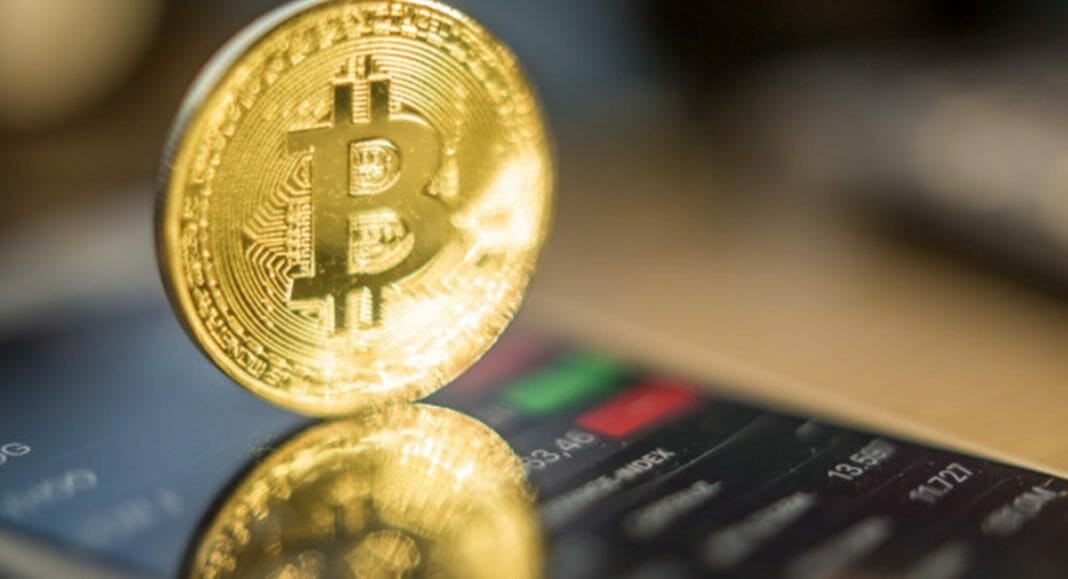The Indonesian government appears committed to fostering responsible growth in the bitcoin sector while maintaining financial stability and protecting the integrity of its official currency, the rupiah.
Indonesia’s crypto market faces a period of change and reassessment, as evidenced by falling tax revenues and planned regulatory changes.
While Bitcoin’s value rose throughout 2023, the country’s crypto tax revenue plummeted by more than 60% compared to the previous year, raising concerns about the effectiveness of the current tax regime.
Double Taxation Taxes Crypto Activity
Implemented in May 2022, Indonesia’s dual tax system on crypto transactions has been criticized for potentially hampering market growth. This tax structure, initially established when digital currency was classified as a commodity, is now being reviewed by the Ministry of Finance, led by Sri Mulyani.
Stakeholders, including the Commodity Futures Trading Supervisory Agency (Bappebti) and local exchanges, have urged the government to reconsider the existing fiscal framework. CoFTRA Market Development and Development Office Head Tirta Karma Senjaya emphasized the need for regular tax reviews, highlighting the evolutionary nature of cryptocurrencies and their potential for future income generation.
Senjaya pointed out that “Because later, cryptocurrencies will become part of the financial sector, we expect a commitment from the General Directorate of Taxes to evaluate these taxes.”
Although these cryptocurrency taxes have been in effect in Indonesia for almost two years, Senjaya stated that they should undergo an annual review similar to other tax laws. “The evaluation is necessary because this regulation has been in effect for more than a year. Typically, taxes are assessed annually,” the report states.
Local exchanges have expressed concerns that the current high tax rates will discourage user activity and drive them towards unregulated platforms. They advocate for a simpler tax structure, potentially involving a single income tax, to foster a more stable and competitive environment for legal crypto businesses.
Cryptocurrency History in Indonesia
In April 2022, Indonesia implemented the 0.1% capital gains tax on cryptocurrency investments as well as the 0.11% value added tax. The country reportedly did this since cryptocurrencies are a “commodity as defined by the Ministry of Commerce” and not a currency.
On February 14, it was reported that Gibran Rakabuming Raka, the vice presidential candidate running with presidential candidate Prabowo Subianto, won the presidential election with approximately 58% of the votes.
Gibran recently stated that his political party planned to focus on providing opportunities in the cryptocurrency and blockchain space to Indonesia’s younger population.
Meanwhile, the number of cryptocurrency holders in Indonesia has increased by more than 11%, rising from 11.2 million in 2021 to 12.4 million in 2023.
Regulatory Change and the Future of Taxes
The upcoming transfer of regulatory oversight from Bappebti to the Financial Services Authority (OJK) in January 2025 is expected to further influence the future of cryptocurrency taxes in Indonesia. This change could potentially pave the way for a more comprehensive regulatory framework and, potentially, an adjustment to the current tax structure.
The government recognizes the sector’s potential but remains cautious about potential risks. The recent discovery of over 300 illegal crypto exchanges operating within the country underlines the challenge of effectively regulating and taxing the digital currency market. These unregulated platforms pose a significant threat to the integrity of the tax system as they operate beyond the scope of regulatory authorities.
Balancing Innovation with Stability
The recent ban on cryptocurrency payments for tourists in Bali exemplifies this cautious approach. While the exact details of the upcoming regulatory and tax changes are still unclear, it is evident that Indonesia is actively navigating the dynamic landscape surrounding cryptocurrencies.
Further developments are likely to occur in the coming months as the government strives to strike a balance between encouraging innovation and safeguarding its financial system.
By Audy Castaneda











